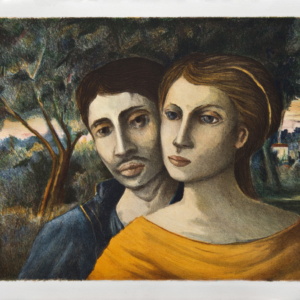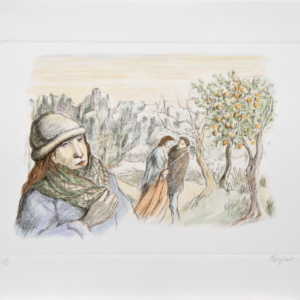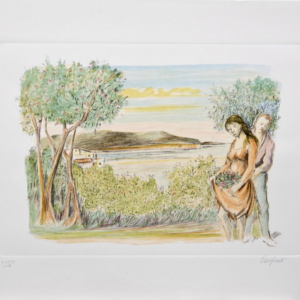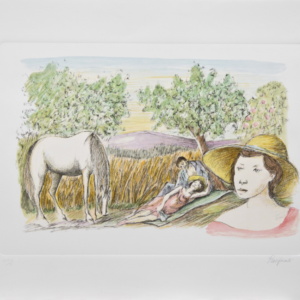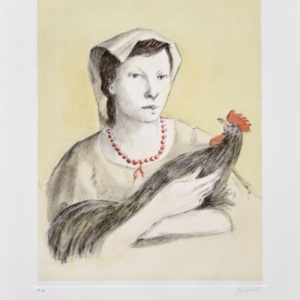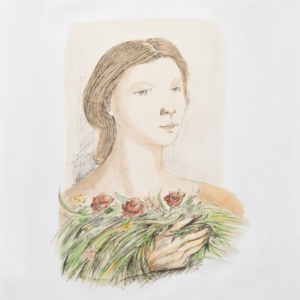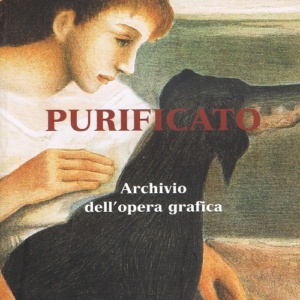Domenico Purificato
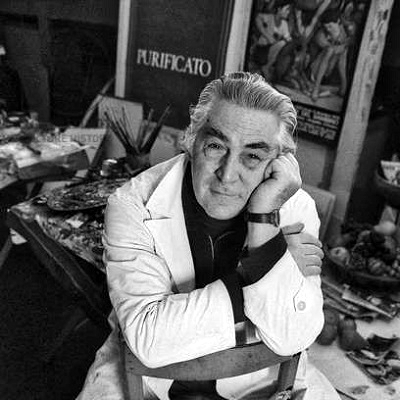
ART PRINTS
CATALOGUES
ARTISTS
Domenico Purificato was born in Fondi, near Latina, in 1915. After passing his school-leaving examination, he devoted himself to painting, while continuing with his law studies. In 1934 he moved to Rome, where he met Libero de Libero, also from Fondi, who introduced him to the artistic milieu of the Roman School.
He exhibited for the first time at La Cometa art gallery in Rome in 1936. A multi-talented artist, he was a member of the editorial staff of the periodical Cinema from 1940 to 1946. In the post-war period, he gained prominence on the national art scene by exhibiting with other leading artists of the time. In Rome, influenced by Neorealism, he painted the daily life of the lower classes, and everyday rural figures and scenes. He joined the Communist Party, but resigned in 1956, along with other artists and intellectuals, in protest over the quashing of the Hungarian Uprising. He contributed to six editions of the Rome Quadrennial (from 1943 to 1965) and four editions of the Venice Biennale (from 1948 to 1954). He maintained links with the Ciociaria area south of Rome, and, alongside other leading cultural and artistic figures, served on the jury of the exhibition Ciociaria vi presenta (Ciociaria Presents You), held at the Palazzo delle Esposizioni in Rome (1962), and the competition Pittura in Ciociaria (Painting in Ciociaria) at Casamari Abbey in 1963. At the heart of his work was the visceral, timeless and often conflictual relationship between man and the land, man and nature and the animal world, and the yawning gap between nature and progress. In 1972, he was appointed director of the Brera Academy in Milan, a post he held until 1980. He designed stage sets and costumes for theatre productions and, in the same period, he created the mosaic in the lunette of the medieval cathedral of his hometown of Fondi, where he also instituted a prize for playwrighting, as well as creating the theatre show La Pastora (The Shepherdess).
Among his most important exhibitions are the retrospectives at the Royal Palace of Milan (1974), the National Museum of Castel Sant’Angelo in Rome (1983) and Palazzo dei Diamanti in Ferrara (1984). He died in Rome in 1984. His works are found in important public and private collections.



